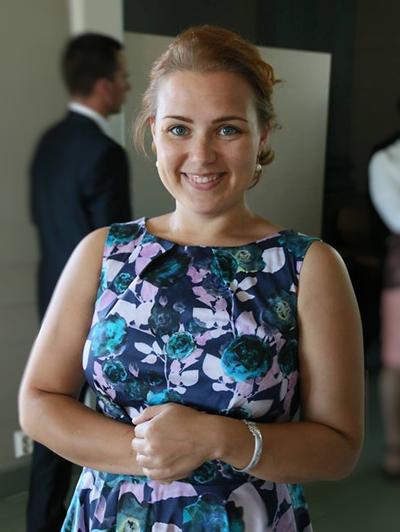Dr Sofia Strommer BSc MSc (Counselling Psychology) MSc (Foundations of Clinical Psychology) PhD CPsychol
Senior Lecturer, Engaging Adolescents in Changing Behaviour (EACH-B) Scientific Programme Manager

Dr Sofia Strommer is a Chartered Psychologist and a Senior Lecturer in Behavioural Science at the MRC Lifecourse Epidemiology Centre.
Sofia is interested in understanding human behaviour from a motivational point of view. She completed BSc (hons) in Psychology and Neuroscience from Keele University. She then completed MSc degrees in both Counselling and Clinical Psychology. Her academic work has explored health behaviour topics such as women’s experiences of food choices and eating behaviours, and determinants of exercise motivation. In 2015, she completed her PhD in Psychology focusing on the nature and role of gains in exercise behaviour. Her work developed the Exercise Motives and Gains Inventory (EMGI), the first measure to assess what people get out of exercising and how well those gains meet the reasons for doing it.
Her research interests are in motivational aspects of health behaviour change and how motivation for health behaviours arises and is maintained. Her current work focuses on adolescent health and how we might better align health agendas with existing adolescent values to foster autonomous forms of motivation and maximise engagement in interventions and with health behaviours.
Since 2015, Sofia has worked as a postdoctoral research fellow at the Medical Research Council at the University of Southampton. She is currently the scientific programme manager for Engaging Adolescents in Changing Behaviour (EACH-B), a complex intervention to support adolescent health through engagement in LifeLab at the Southampton General Hospital, teacher training, and a mobile app with game features developed together with game designers from Glasgow Caledonian University. She also leads the research work of the Teenager’s Experiences of COVID-19 (TeC-19), a participatory, longitudinal, and largely qualitative research project to inform development of support materials to help young people maintain health and well-being in the face of their sudden loss of autonomy and usual support structures, and to provide insights to inform local and national government messaging.